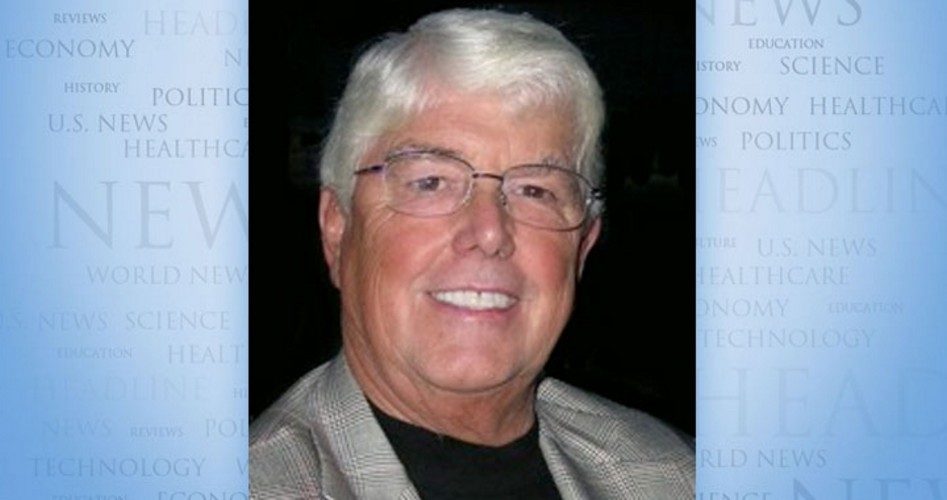
Now it’s official. A health-care worker in Dallas, Texas who helped treat Thomas Duncan, the native of Liberia who died of Ebola at Texas Health Presbyterian Hospital last week, apparently caught the virus from Duncan.
The worker, identified as Nina Pham, had been monitoring herself. On Friday, she reported that she had developed a low-grade fever. The next day, officials confirmed that it was Ebola. The worker is now in quarantine. And about 50 people with whom she had been in contact are being closely monitored.
Officials in the state are trying to reassure the public. David Lakey, the Texas Health Department Commissioner, issued a prepared statement saying, “We knew a second case could be a reality and we’ve been preparing for this possibility. We are broadening our team in Dallas and working with extreme diligence to prevent further spread.”
With all of the protective measures that had been taken in the Duncan case, how did Pham contract the disease? At this point, no one knows. All that the Centers for Disease Control and Prevention can say with certainty is that “a breach in protocol” must have occurred.
What might that be? Dr. Tom Frieden, the head of the CDC, said “one of the areas that we look at closely are things (sic) like, how you take off the gear that might be affected or contaminated.” Frieden also said, “Unfortunately, it is possible in the coming days that we will see additional cases of Ebola. This is because the health-care workers who cared for this individual may have had a breach of the same nature of the individual who appears now to have a preliminary positive test.”
Not very reassuring, is it?
Meanwhile, a man flying from Philadelphia to the Dominican Republic told a fellow passenger that he had recently been in West Africa and that “I have Ebola.” That is about as stupid as telling a TSA screener at the airport that you’re carrying a bomb.
When the plane landed in Punta Cana, a team of men in blue hazmat suits boarded the plane and removed the passenger. Everyone else had to remain on board for a couple of hours. It was later confirmed that the passenger had never been to Africa and did not have Ebola. But what an idiot! Here’s hoping he’ll get to spend a few days behind bars so he can reflect on just how dumb he was.
Speaking of air travel, the CDC has announced that new procedures are being put in place to check in-coming airline passengers for the disease. Starting last Saturday, passengers arriving at New York’s Kennedy Airport from Ebola-affected countries will get additional screening. They’ll be asked a series of health-related questions, have their temperature checked, and be examined for signs of illness. The CDC says “if there’s any concern about their health, they’ll be referred to the local public health authority for further evaluation or monitoring.”
This week, those same measures will be adopted at four additional airports — Dulles International outside Washington, D.C.; Liberty International Airport in Newark, New Jersey; O’Hare International in Chicago; and Hartsfield-Jackson International Airport in Atlanta. According to the CDC, these five airports account for almost 95 percent of travelers who arrive in the United States from West Africa.
The only problem with this is that the incubation period for Ebola is 21 days so it’s possible to have the disease, but not show any symptoms for almost three weeks after exposure. The experts say the disease can’t be transmitted to someone else during this incubation period; it is only when symptoms such as a fever become obvious that the infection can spread.
But why take a chance? Why not just ban commercial flights from Guinea, Liberia and Sierra Leone from landing in the United States? I’ll bet if the airlines were allowed to make this decision, instead of the various governments, that would already have happened. Don’t you agree?
Will Ebola become another entry in the long list of reasons the U.S. government has given us not to trust it? You can count on it.
Until next time, keep some powder dry.
Chip Wood was the first news editor of The Review of the News and also wrote for American Opinion, our two predecessor publications. He is now the geopolitical editor of Personal Liberty Digest. This article first appeared in PersonalLiberty.com and has been reprinted with permission.


